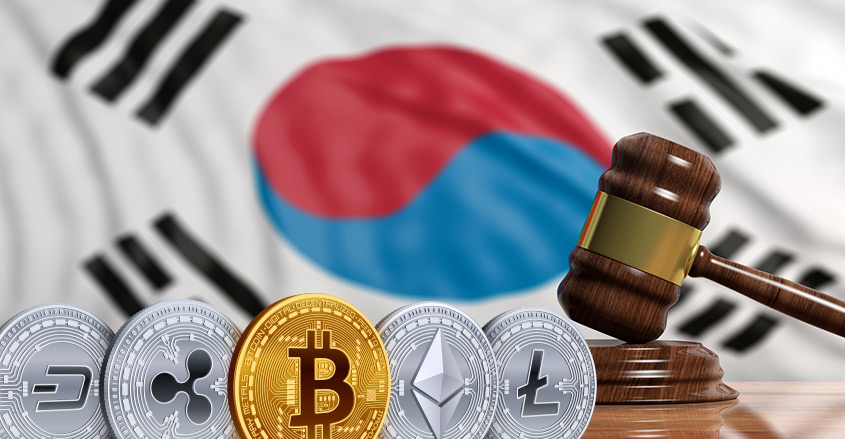After weeks of dithering and disagreement among top financial regulators, Seoul has finally given its blessing to cryptocurrency.
Finance Minister Choe Heung-sik says that his country will support “normal transactions” of cryptocurrency.
The remarks by Choe, whose official title is governor of the Financial Supervisory Service (FSS), came as something of a surprise. South Korea had just recently discussed shutting down all virtual currency exchanges.
Just three weeks ago, the government had taken the additional step of banning cryptocurrency trading through anonymous bank accounts.
To implement this measure, South Korea started a system where cryptocurrency transactions can only take place under a real name trading system.
This new system was introduced Jan. 30. Anonymous account holders will still be able to buy or sell cryptocurrencies using their holdings via virtual accounts, but the rule states that any new cryptocurrency purchases or withdrawals in fiat will require compliance under know-your-customer (KYC) rules.
The goal of the regulation is to stop virtual coins from being used for money laundering and other crimes.
Choe had called a meeting with representatives from various cryptocurrency exchanges to clear the air. It was during this meeting that the Finance Minister said that South Korea “will support (cryptocurrency trading) if normal transactions are made.”
This supports the argument that the government itself is looking to develop the cryptocurrency industry under KYC transparency.
Big banks
A sizeable portion of banks have begun to allow customers to open virtual accounts for cryptocurrency trading, but an even larger number of banks have been hesitant to take such a step.
These banks had previously been afraid of a complete government crackdown on all cryptocurrency trading.
South Korea has seen a huge influx of interest in cryptocurrency, despite the prohibitive energy cost of mining coins there. There have been many theories as to why this is happening.
One interesting theory puts forward the idea that because gambling is illegal, Koreans who would usually get their high-risk thrills from gambling have instead turned to cryptocurrency trading.
Another theory puts forward the idea that the traditional investments in South Korea, such as real estate and the domestic stock market, have not lost only popularity but, more importantly, are considered less stable than before.
Whatever the reason, South Koreans have flocked to cryptocurrency trading in droves.
Whether the government leads or follows could determine whether the Asian economic powerhouse can set itself up as one of the leading players in an emerging global cryptocurrency market.


